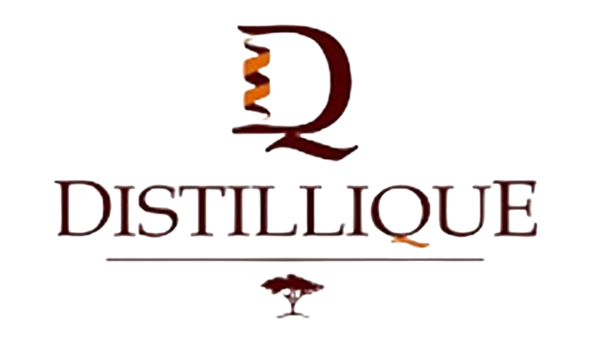How to make your own Yeast Nutrients
adminAs explained in our Article about successful fermentations, Nutrients play a very important in Yeast propagation and fermentation.
Among these nutrients there are two main categories, namely Macro and Micro Nutrients.
What are Yeast Macro Nutrients?
The first, Macro nutrients, are those that are required in large concentrations, and they include magnesium sulphate, di-ammonium phosphate (DAP), thiamine, hydro-chloride, calcium pantothenate, folic acid, niacin, ammonium sulphate, pantothenic acid, tartrate and bentonite. But the most important Macro nutrients are Vitamin B and Nitrogen.
What are Yeast Micro Nutrients?
In the Micro nutrient group we find trace vitamins and minerals like phosphorus, urea, amino acids, citric acid, biotin, etc. but most of these are found naturally in either the raw materials used, or in the water added to the fermentation (at least in these small concentrations required).
How do I make my own Yeast Nutrients?
Although Distillique sells Yeast Nutrient mixes, and these are the best and most convenient to use, you can improvise your own nutrients. Common lawn fertilizer for instance, can be used to add Nitrogen and Phosphates to your fermentation (about 4 or 5 granules per 5 lt fermentation).
NOTE: By common Lawn Fertilizer we are referring to "Natural" inorganic fertilizers like CAN - Calcium Ammonium Nitrate and the like, which does not contain any additional compounds and chemicals.
Alternative sources for Vitamin B includes Vitamin B supplement tables (not capsules) from your local pharmacy – a quarter tablet on a 5 lt fermentation - a teaspoon of Marmite (a yeast extract) on 5 lt (not Bovril), or Tomato Paste.
Should you want to make your own batch of yeast nutrients though; the following recipe will provide you with a relatively potent mixture:
40g of Di-Ammonium Phosphate
747g of Ammonium Sulphate
2g of Thiamine
1g of Potassium Tartrate
10g of Bentonite
The result will be a mixture of approximately 800g of Nutrients, of which you only need to add 3 to 5 grams per 20 lt fermentation.
For more detailed information on Yeasts and Yeast Nutrients, consider joining the Distillique Master Workshop, or our Yeast Foundation Course.
